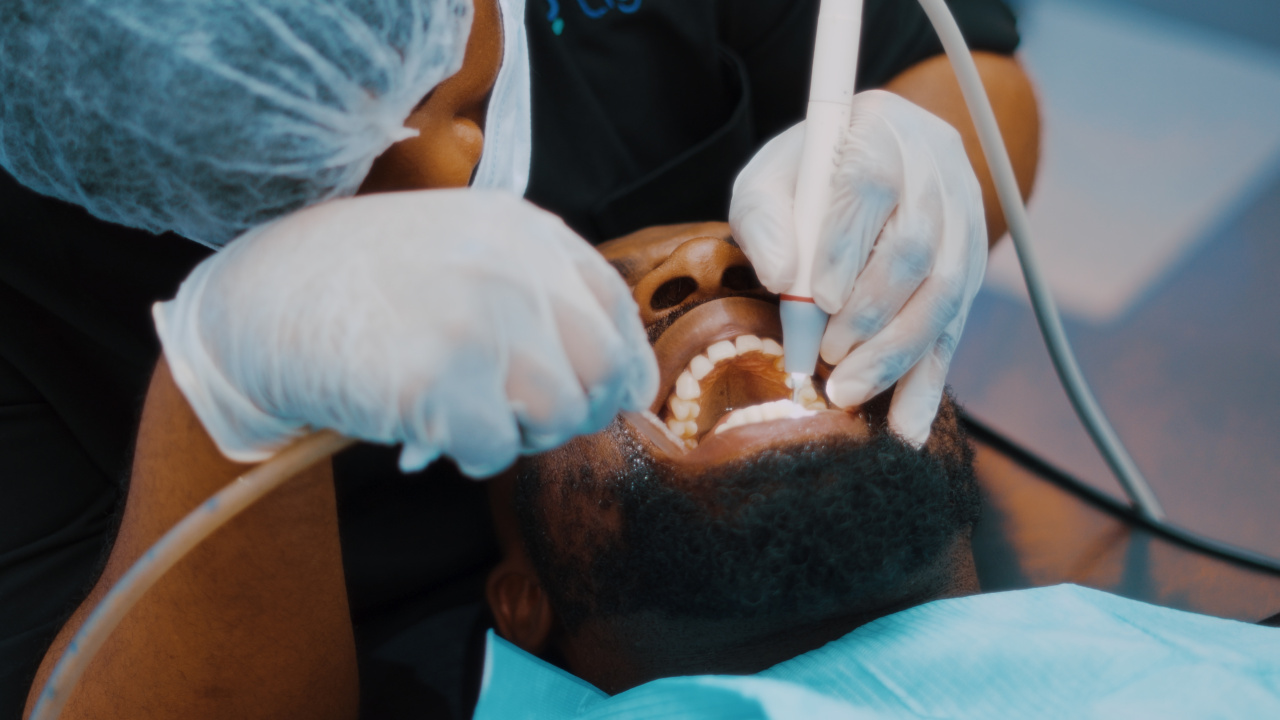Having a bright, white smile is often associated with good oral health and is considered aesthetically pleasing. Many people strive to achieve whiter teeth through various means, including at-home remedies and professional treatments.
However, it can be frustrating when these efforts don’t yield the desired results. In this article, we will explore some common reasons why your teeth whitening efforts may not be working as expected.
1. Insufficient Time for Results
One of the most common reasons for unsuccessful teeth whitening is not giving it enough time. Many people expect instant results, but teeth whitening processes usually require several sessions or continuous usage before noticeable improvements occur.
Patience is key, and consistent efforts over time are necessary to achieve desired results.
2. Failure to Follow Instructions
Whether you are using a whitening toothpaste, at-home whitening kit, or undergoing professional whitening treatment, it is crucial to carefully follow the instructions provided.
Skipping steps or using the products incorrectly can lead to subpar results or even damage to your teeth and gums. Always read and adhere to the instructions provided by the manufacturer or dental professional.
3. Stains That Can’t Be Addressed
Teeth whitening treatments work by removing surface stains on the enamel of your teeth. However, some types of discoloration, known as intrinsic stains, cannot be effectively addressed through traditional whitening methods.
Intrinsic stains are usually caused by factors like genetics, medications, or trauma to the teeth. In such cases, alternative treatments like dental veneers or bonding may be necessary to achieve the desired whiteness.
4. Insufficient Whitening Agent Concentration
The effectiveness of teeth whitening products relies on the concentration of the active whitening agent, commonly hydrogen peroxide or carbamide peroxide.
Over-the-counter products may have lower concentrations compared to professional treatments, which can affect the overall results. If you have been using lower concentration products without success, it might be worth considering a stronger professional treatment performed by a qualified dentist.
5. Existing Dental Issues
Before undergoing any teeth whitening treatment, it is essential to have a healthy mouth. Existing dental issues like cavities, gum disease, or tooth sensitivity can interfere with the effectiveness of whitening treatments.
It is recommended to address these dental problems first and consult with your dentist to determine the best course of action for teeth whitening.
6. Tobacco and Certain Foods
Certain habits and dietary choices can contribute to tooth discoloration and make teeth whitening efforts less effective. Smoking or using other tobacco products can cause stubborn stains on teeth that may require professional interventions to remove.
Additionally, frequent consumption of deeply pigmented foods and beverages such as coffee, tea, red wine, and dark-colored berries can also contribute to tooth staining. Limiting exposure to these substances can help prevent further discoloration.
7. Inadequate Oral Hygiene
Maintaining good oral hygiene practices is vital not only for overall oral health but also for keeping your teeth white. Inadequate brushing, flossing, and regular dental visits can allow plaque and tartar buildup, leading to tooth discoloration.
Incorporating proper oral hygiene into your daily routine is crucial to support the effectiveness of any teeth whitening efforts.
8. Age and Natural Tooth Color
Age and natural tooth color play significant roles in the effectiveness of teeth whitening efforts. As we age, the enamel on our teeth naturally wears down, revealing the yellowish dentin underneath.
This natural discoloration can make teeth whitening more challenging. Additionally, some individuals naturally have thicker or more pigmented enamel, which can affect the overall whitening outcome.
9. Teeth Sensitivity
Teeth sensitivity is a common side effect of teeth whitening treatments, especially those using hydrogen peroxide. If you have sensitive teeth, using high-concentration whitening agents or undergoing intensive treatments can worsen your discomfort.
It is crucial to choose products formulated for sensitive teeth or consult with your dentist for alternative whitening options.
10. Habitual Factors
Lastly, certain habitual factors can affect the longevity and effectiveness of teeth whitening. Excessive consumption of staining substances, like tobacco, coffee, or red wine, after treatment can quickly reverse the whitening effects.
Additionally, poor lifestyle habits such as neglecting oral hygiene, excessive consumption of sugary foods, and inadequate hydration can contribute to teeth staining over time.
Conclusion
Despite your best efforts, teeth whitening may not always deliver the desired results.
Understanding the reasons why your teeth whitening efforts aren’t working can help you address these issues and make informed decisions about alternative treatments or lifestyle changes. Remember to consult with your dentist before pursuing any teeth whitening method to ensure the best possible outcome for your oral health and aesthetic goals.





























